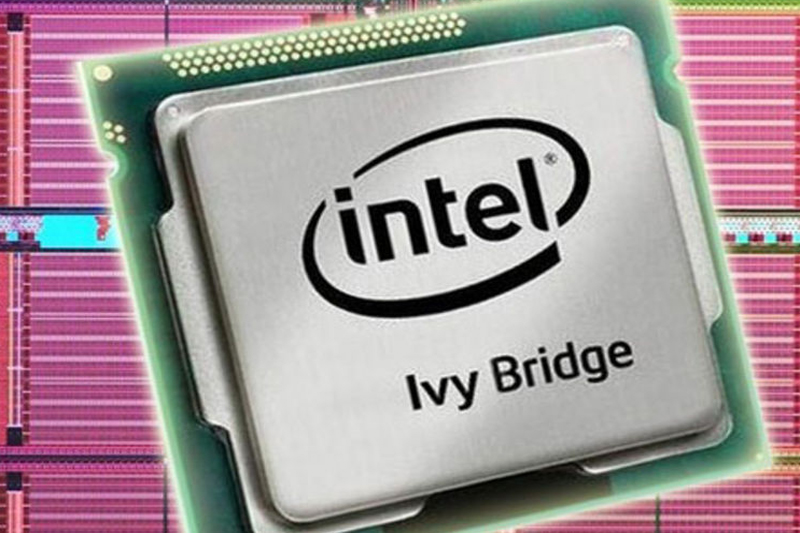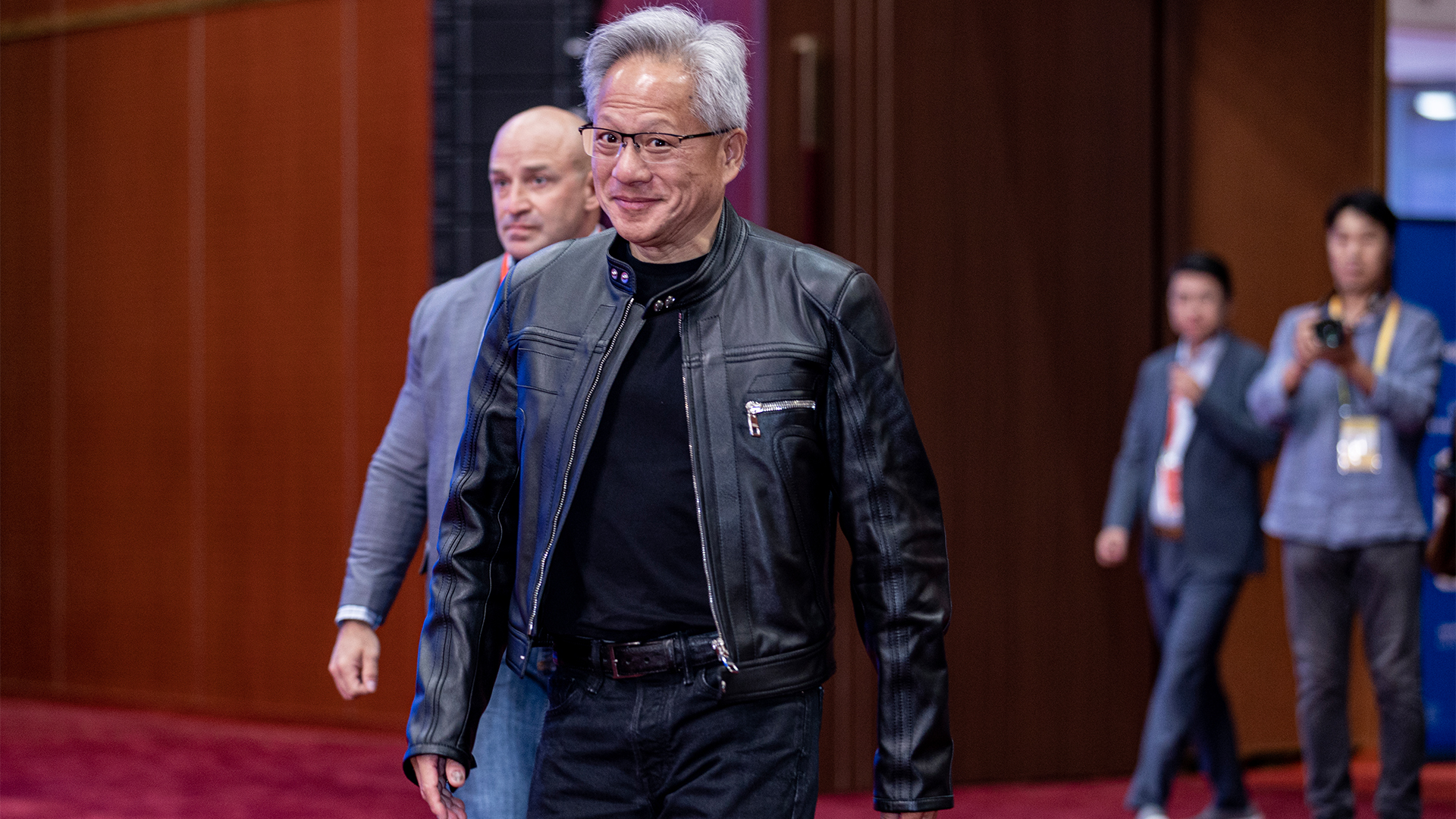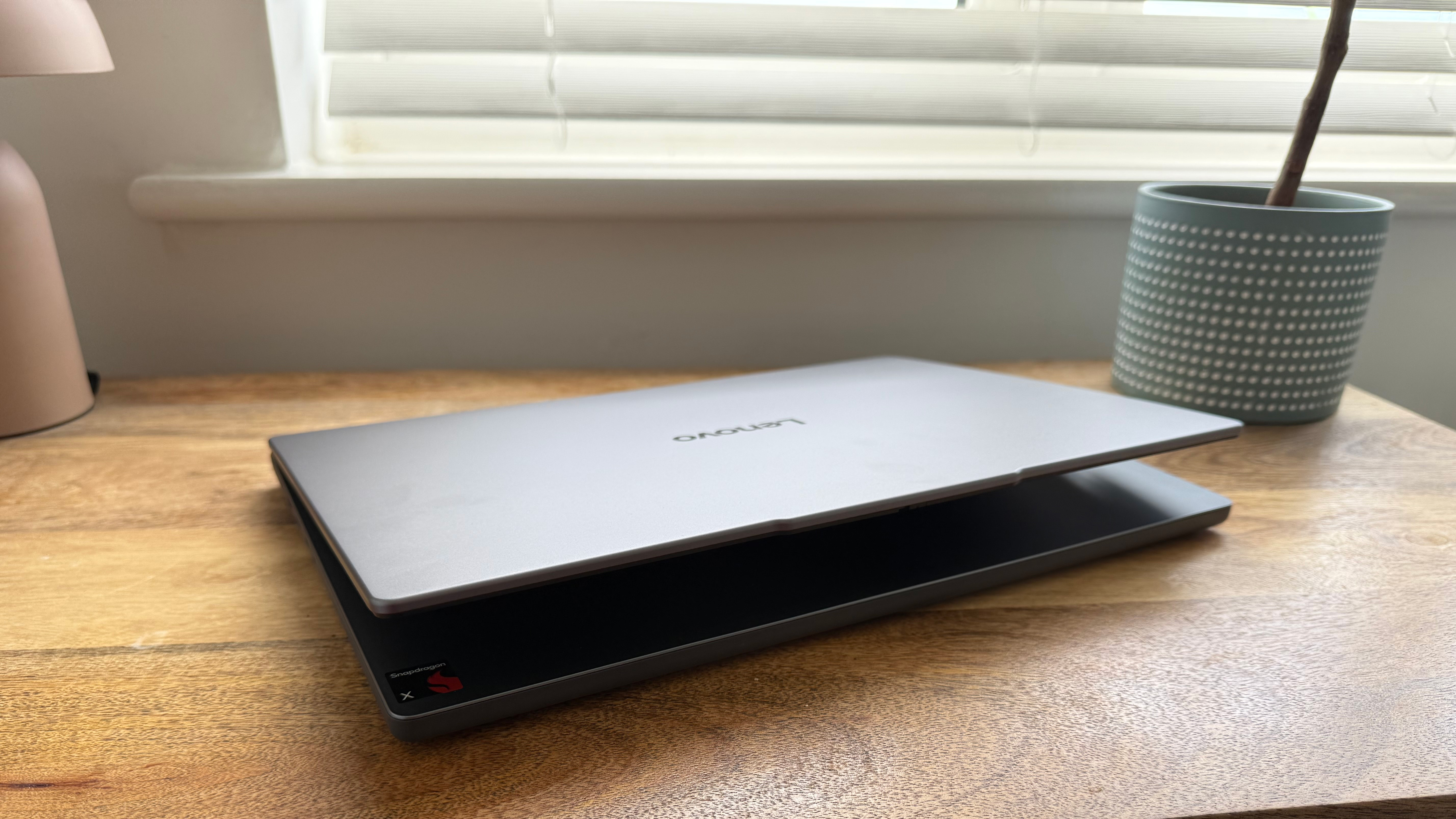Intel pushes back Ivy Bridge processors until June
Shipments have been pushed back once again, according to an FT report.


Intel has delayed the arrival of its next-generation processor, Ivy Bridge.
The successor to the current Sandy Bridge was expected to arrive at the beginning of April, although an Intel representative told IT Pro's sister title PC Pro that shipments weren't expected until the end of that month.
We are making some production adjustments to meet increasing customer demand for processors for Ultrabook devices.
Now, it looks like the new processors have been further delayed. Vice president and chairman of Intel China, Sean Maloney, told The Financial Times: "I think maybe it's June now."
He stressed that the change was not because of lack of demand, but down to manufacturing issues.
Intel has been pushing the new processors for Ultrabooks, the light laptops the chip maker has developed alongside PC manufacturers.
On track
Sign up today and you will receive a free copy of our Future Focus 2025 report - the leading guidance on AI, cybersecurity and other IT challenges as per 700+ senior executives
Intel told PC Pro the launch was "on track" despite the scheduling changes.
"We remain on track to launch our third Generation Intel Core and Intel Xeon E3-1200 v2 (Ivy Bridge) processor families in spring 2012, and we are ramping three factories simultaneously," an Intel spokesperson said in a statement. "However, we are making some production adjustments to meet increasing customer demand for processors for Ultrabook devices."
"To ensure customers have adequate supply to support a broad market launch for third Generation Intel Core, we are adjusting the launch schedules accordingly," the statement added. "We expect to supply the market with 50 per cent more third Generation Intel Core than second Generation Intel Core in the first two quarters of the two products' respective ramps."
Ivy Bridge uses the same architecture as its predecessor, but is produced on a smaller scale, at 22nm rather than Sandy Bridge's 32nm fabrication process.
Freelance journalist Nicole Kobie first started writing for ITPro in 2007, with bylines in New Scientist, Wired, PC Pro and many more.
Nicole the author of a book about the history of technology, The Long History of the Future.
-
 UK government confirms October cyber breach: Everything we know so far
UK government confirms October cyber breach: Everything we know so farNews Details around Foreign Office hack remain sparse and government says it's unclear who is behind the attack
-
 Data center investment reached a record $61 billion this year
Data center investment reached a record $61 billion this yearNews Hyperscaler expansion, private equity interest, and a surge in debt financing are behind skyrocketing investment levels
-
 Nvidia’s Intel investment just gave it the perfect inroad to lucrative new markets
Nvidia’s Intel investment just gave it the perfect inroad to lucrative new marketsNews Nvidia looks set to branch out into lucrative new markets following its $5 billion investment in Intel.
-
 AI PCs will ‘become the norm’ by 2029 as enterprise and consumer demand surges
AI PCs will ‘become the norm’ by 2029 as enterprise and consumer demand surgesNews AI PCs are expected to make up a significant portion of the total PC market by the end of 2025 - and Gartner says they'll "become the norm" by 2029.
-
 The US government's Intel deal explained
The US government's Intel deal explainedNews The US government has taken a 10% stake in Intel – but what exactly does the deal mean for the ailing chipmaker?
-
 US government could take stake in Intel as chip giant's woes continue
US government could take stake in Intel as chip giant's woes continueNews The move would see increased support for Intel’s manufacturing operations
-
 Dell says Windows 11 migration is a prime opportunity to overhaul ageing PC fleets – and AI devices are in the spotlight
Dell says Windows 11 migration is a prime opportunity to overhaul ageing PC fleets – and AI devices are in the spotlightNews The shift to Windows 11 means IT leaders can ditch old tech and get their hands on AI PCs
-
 The Lenovo IdeaPad Slim 3x is a well-rounded budget laptop that punches above its weight
The Lenovo IdeaPad Slim 3x is a well-rounded budget laptop that punches above its weightReviews The Qualcomm Snapdragon X-powered laptop packs a punch for the price
-
 Acer's new Swift Edge 14 AI is a Copilot+ MacBook Air killer
Acer's new Swift Edge 14 AI is a Copilot+ MacBook Air killerNews Acer's new Swift Edge 14 AI is an ultra-lightweight, compact productivity powerhouse.
-
 ‘We would have to sell the lowest-end SKUs at a loss’: Framework says it’s ‘temporarily pausing’ some US laptop sales amid tariff disruption
‘We would have to sell the lowest-end SKUs at a loss’: Framework says it’s ‘temporarily pausing’ some US laptop sales amid tariff disruptionNews Modular laptop designer Framework says it is “temporarily pausing US sales” in response to the disruption caused by US tariffs on Taiwanese imports.
